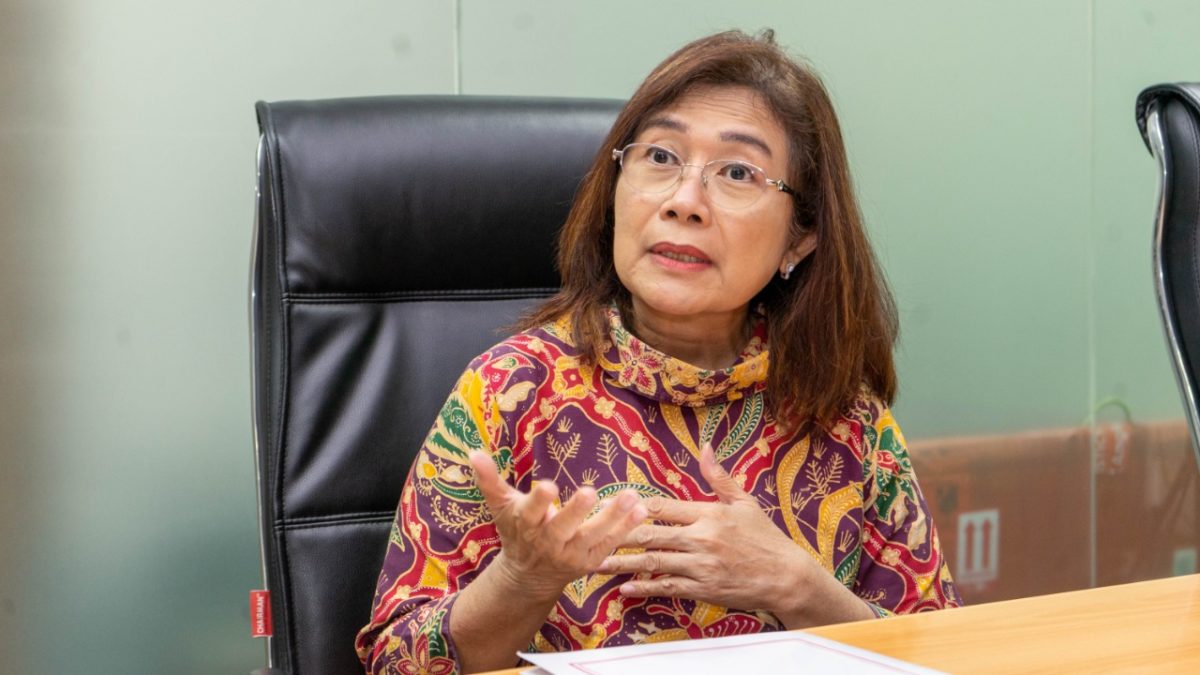Jakarta – Indonesia’s commitment to investigate the gross human rights violation in Paniai, Papua, is being applauded worldwide. The Deputy Chief of Staff for Politics, Law, Defense, Security and Human Rights Jaleswari Pramodhawardani thanked the global recognition, saying the country would keep prioritizing human rights protection for its citizens.
“Human Rights remains a priority and a strategic issue as mandated by the President. As part of the country’s commitment, the Executive Office of the President (KSP) along with the Coordinating Ministry for Political, Legal and Security Affairs and related ministries/agencies will continue to strengthen the human rights protection in Indonesia,” said Jaleswari, at Bina Graha Jakarta, Friday (17/6).
The United Nations High Commission for Human Rights Michelle Bachelet sent her appreciation towards Indonesia’s effort to investigate the Paniai case. She directly expressed the acknowledgement of the Coordinating Minister for Political, Legal and Security Affairs Mahfud MD during a visit to the UN Human Rights Council and the UN High Commission for Human Rights, in Geneva, Switzerland last week.
Previously, the President Joko Widodo specifically ordered the Coordinating Minister for Political, Legal and Security Affairs and the Attorney General’s Office (AGO) to investigate the 2014’s human rights violation.
“The President himself has stated in his national address at the People’s Consultative Assembly (MPR) on August 16, 2020, that human rights must be mainstreamed through central and regional government policies,” added the Deputy Chief of Staff.
As of Wednesday (15/6), the Attorney General’s Office (AGO) has handed over the case dossiers of a suspect allegedly involved in human rights violations in Paniai, Papua, to the Makassar District Court after authorities stepped up investigations into the case. An indictment against IS would be tried at Makassar Human Rights Court in South Sulawesi.
Jaleswari assessed that the UN’s appreciation was a reflection of Indonesia’s success in consolidating all stakeholders to solve human rights violations. The government’s ministerial offices have also showcased great collaboration with human rights activists and civil society organizations, she said.
The bloody Paniai incident occurred when security forces opened fire on a crowd of demonstrators during a protest in Paniai regency on Dec. 8, 2014. At least five people were killed while 21 other civilians were injured.
The judicial handling of the Paniai case would unlock the investigation doors towards other human rights violations. It is not easy, indeed, she said. Even so, the government would never stop to look for solutions.
“This includes forming a task force to investigate gross human rights violations through a Presidential Decree, as well as the re-submission of the new Truth and Reconciliation Commission (KKR) bill, after the 2004’s KKR Law was canceled by the Constitutional Court in 2006,” said Jaleswari.
